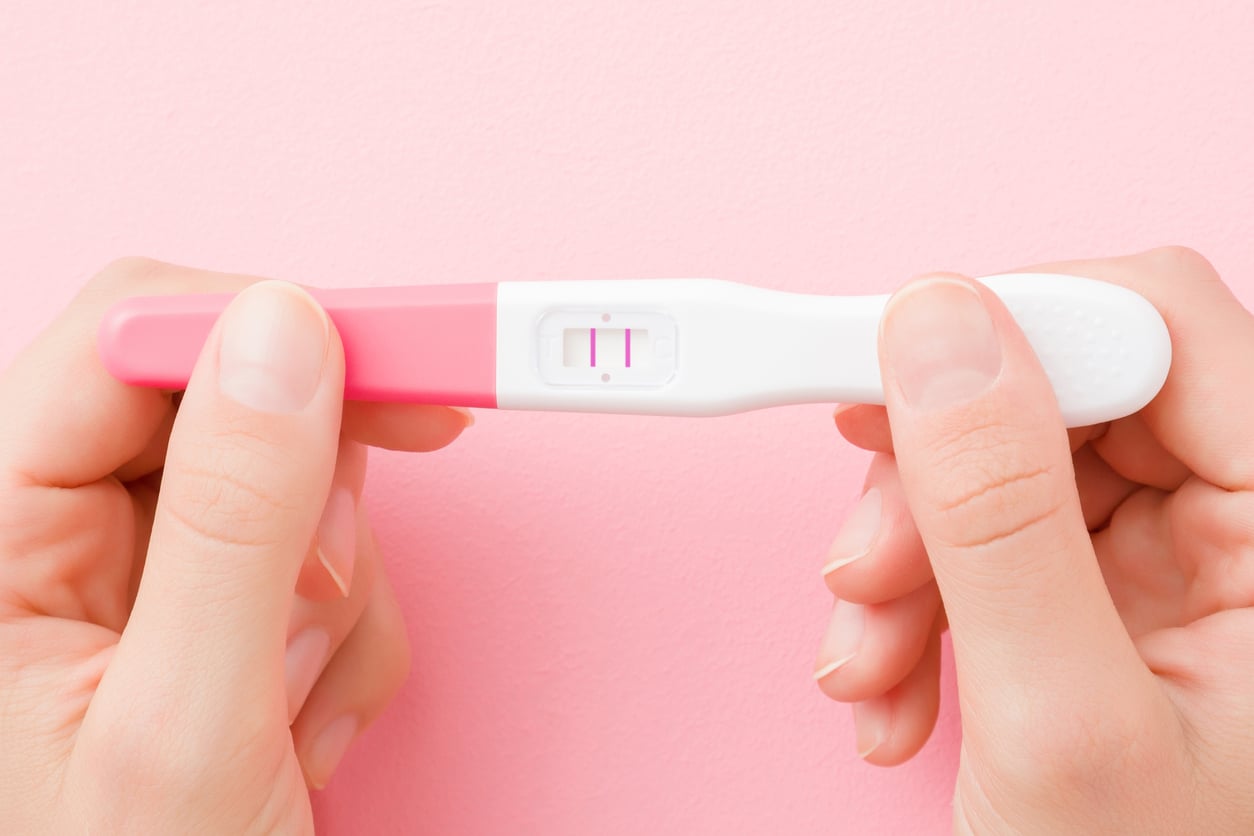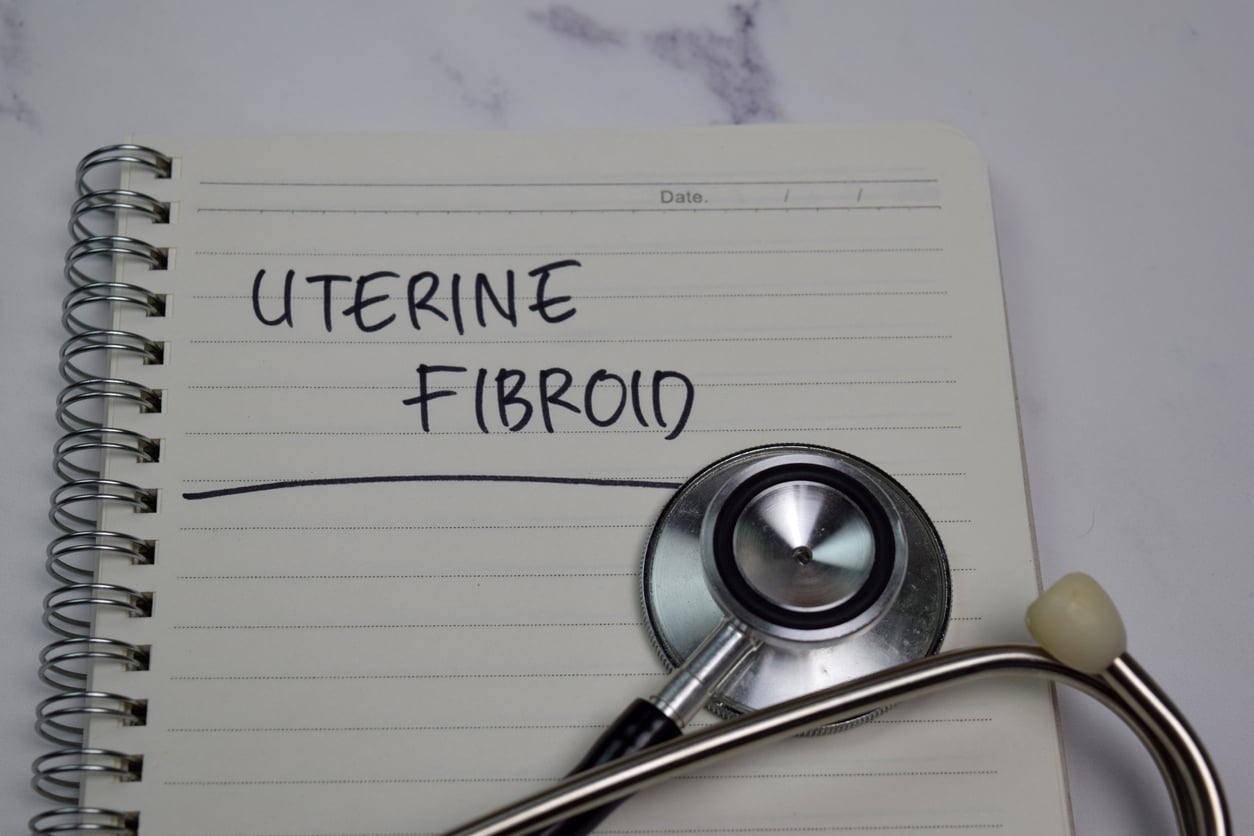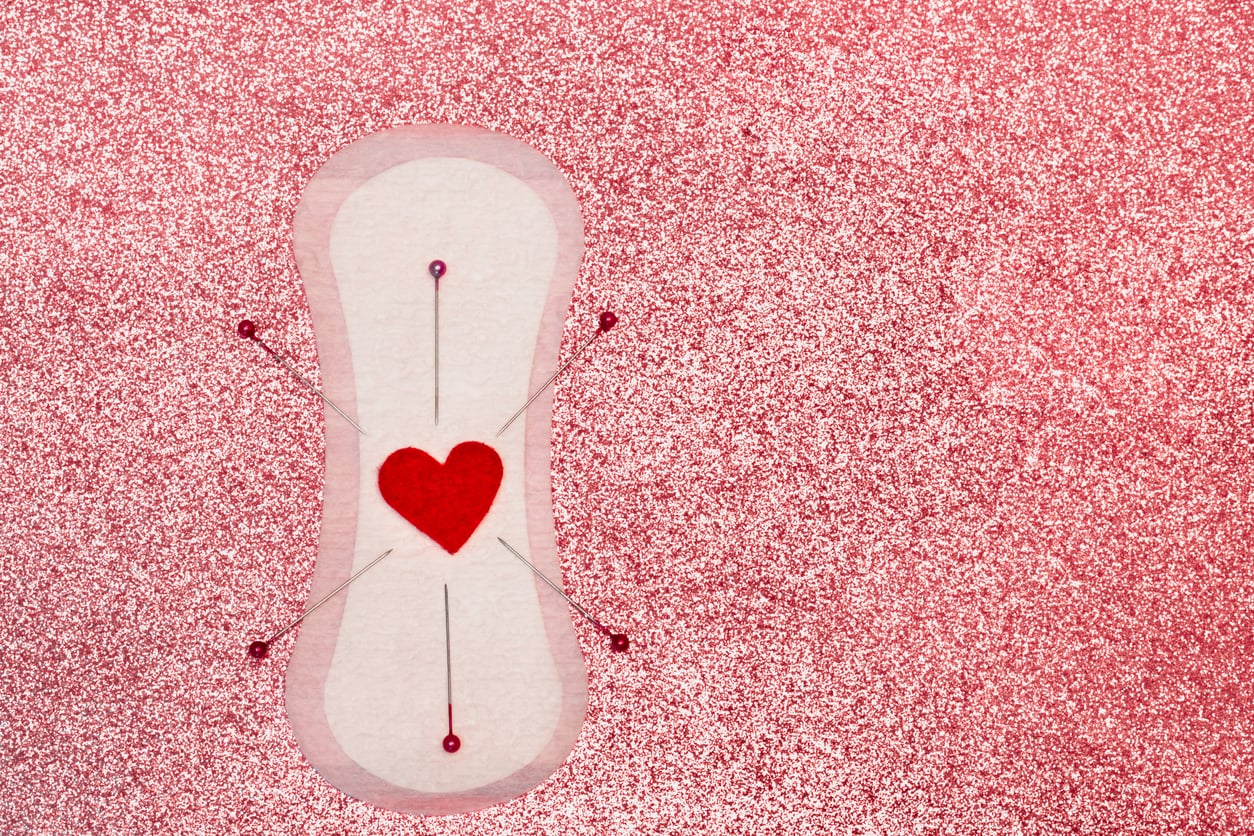Causes of Irregular Periods

If you're like most women, your menstrual cycle is something that you take for granted. But have you ever stopped to think about what could be causing your irregular periods? In this blog post, we will discuss some of the most common causes of irregular periods. We will also provide tips on how to deal with them. So if you're experiencing irregular periods, stay tuned!
Pregnancy
Pregnancy is one of the most common causes of irregular periods. While a woman is pregnant, her body undergoes a number of hormonal changes which can cause her periods to become irregular or even stop altogether. In some cases, a woman may experience irregular bleeding during pregnancy, which can be a sign of an underlying condition such as placenta previa or placental abruption. If you are pregnant and have irregular periods, it is important to speak to your doctor so that any underlying conditions can be diagnosed and treated.

Stress
Many women experience irregular periods at some point in their lives, and there can be a variety of causes. One possible cause of irregular periods is stress. When a woman is under stress, her body releases the hormone cortisol. Cortisol can interfere with the production of other hormones, including those that regulate the menstrual cycle. As a result, stress can lead to missed or delayed periods. In addition, cortisol can also cause weight gain, which can further disrupt hormone levels and lead to irregular periods. While there are many potential causes of irregular periods, stress is one possible factor that should be considered.

Changes in Weight
One common cause of irregular periods is changes in weight. This can include both weight gain and weight loss. When a woman gains weight, her body may produce more estrogen. This can throw off the delicate balance of hormones needed for ovulation, resulting in irregular periods. Similarly, when a woman loses weight, her body may produce less estrogen. This can also disrupt the hormone balance and cause irregularity. In addition, extreme weight loss can lead to amenorrhea, or the complete absence of menstrual periods. Therefore, it is important to maintain a healthy weight to help keep your periods regular.

Medication
There are many different medications that can cause irregular periods. Some of these medications include birth control pills, antipsychotics, blood pressure medications, and even some antidepressants. In most cases, the side effect of irregular periods is temporary and will go away once the medication is stopped. However, in some rare cases, the side effect can be permanent. If you are currently taking medication and have noticed a change in your period, it is important to speak with your doctor. They will be able to determine if the medication is the cause of the irregularity and make any necessary changes.

Uterine Fibroids
Uterine fibroids are noncancerous growths that develop in the uterus. They are also known as leiomyomas or myomas. Fibroids can range in size from very small to large enough to fill the entire uterus. Some women with fibroids do not have any symptoms, while others experience heavy bleeding, pain, and pressure. Fibroids can also cause irregular periods. In some cases, they can make it difficult to become pregnant or increase the risk of miscarrying. Treatment for fibroids depends on a woman's symptoms and whether she plans to become pregnant in the future. Various medical and surgical treatments are available. Uterine fibroids are relatively common, and they tend to occur more frequently in African American women.

Cancer
Cancer can cause irregular periods for a number of reasons. First, cancerous growths can affect the hormone-producing cells in the ovaries, leading to an imbalance of estrogen and progesterone. This can cause periods to become irregular, or even stop altogether. Additionally, cancer can spread to the uterus, disrupting the normal structure and function of the organ. This can also lead to irregular periods. Finally, cancer treatments such as chemotherapy and radiation therapy can damage the ovaries, making it difficult for them to produce hormones and eggs. As a result, periods may become irregular or may stop altogether. While irregular periods are not always a sign of cancer, it is important to see a doctor if you experience any changes in your menstrual cycle.

Treatment for Irregular Periods
For women with irregular periods, treatment options will vary depending on the underlying cause. In some cases, no treatment may be necessary. For example, if irregular periods are due to polycystic ovary syndrome (PCOS), treatment may not be needed unless the woman is also struggling with fertility issues. However, if irregular periods are caused by an imbalance in hormones, medication may be prescribed to help regulate hormone levels. In severe cases, surgery may be necessary to remove abnormal tissue or correct a structural problem in the reproductive system. Ultimately, the best course of action will be determined by a healthcare professional based on the individual's specific situation.

